Most of us will agree that nursing greatly impacts overall patient satisfaction, and even more so, patient health outcomes. On the other hand, few of us have the understanding that the delivery of nursing practice is heavily scrutinized when these satisfaction scores and outcomes fall below hospital set standards. In my experience when this happens, hospital administration claims that there is “something more” the nurse could have done to avoid, or rectify the situation — even if the situation was something that falls out of the nurse’s ability to control.
So why is it that nurses are primarily accountable for unhappy patients?
Nurses are Willing to “Wear Too Many Hats”
Whether we like it or not, nurses are the “face” of the healthcare institution in which they work and are often burdened with “putting out the fires” that may “ignite” as a result of a miscommunication between healthcare providers, from an overwhelmed emergency room registrar, or even from a disrespectful hospital employee. Since nurses spend the most time with patients in a hospital setting, nurses are able to build a relationship with patients that allows for holistic assessment data collection, individualizing treatment plans, and establishing trust — three components that are unambiguous to the discipline of nursing. It is this distinctive relationship that allows nurses to collect patient data, interpret the data to develop personalized plans of care, implement treatment, and evaluate the effectiveness of treatments — after they have first worked diligently to solace their infuriated patient(s).
Additionally, nurses are widely utilized by hospitals to develop, implement and evaluate new-hire training programs, manage clinician competency and credentialing, regulate departmental budgets, interview, hire and terminate employees, create institutional policies and protocols, direct equipment inventory and repairs guidelines, perform janitorial duties, oversee hospital ward operations, initiate, analyze and interpret research to improve outcomes, uphold quality assurance measures, update computerized documentation processes, and fill in as needed for social work, case management, physical therapy, speech language therapy, occupational therapy, respiratory therapy, massage therapy, spiritual therapy, dietary services, etc. The list goes on and on.
It is my belief that because nurses have historically demonstrated a willingness to “wear too many hats”, that hospital administration holds nursing with the heavy burden of “getting the job done” — regardless of the requirements.
Measuring Patient Satisfaction
According to CMS.gov (2015), the HCAHPS (Hospital Consumer Assessment of Healthcare Providers and Systems) survey is the first national, standardized, publicly reported survey of patients’ perspectives of hospital care. HCAHPS (pronounced “H-caps”), also known as the CAHPS Hospital Survey, is a survey instrument and data collection methodology for measuring patients’ perceptions of their hospital experience. While many hospitals have collected information on patient satisfaction for their own internal use, until HCAHPS was implemented, there was no national standard for collecting and publicly reporting information about patient experience of care that allowed valid comparisons to be made across hospitals locally, regionally and nationally. HCAHPS released its first public report in 2008.
The survey consists of 27 questions and reviews seven categories. 16 of the questions on the survey are reflective of the delivery of nursing care and nursing behaviors, where only six of the questions reflect the delivery of physician care and physician behaviors. The remaining five questions ask about discharge, overall satisfaction, and patient demographics. You can click this link to see a copy of what the HCAHPS survey looks like.
Financial Incentive for Hospitals Further Complicates Things for Nursing
We all know that a vast number of patients utilize Medicare as a means of primary payment for healthcare services provided in the hospital. In fact, the Kaiser Family Foundation (2015) reports that there are a total of 49,435,610 Medicare beneficiaries in our country. To see the “by state” list click on this link.
As a result of the rising healthcare deficit, the Value-Based Purchasing Program (VBP) was initiated by the Centers for Medicare & Medicaid Services (CMS), and it rewards acute-care hospitals with incentive payments for the quality of care they provide to people with Medicare. The VBP is a complex program that is broken up in “domains” and utilizes information form the HCAHPS survey to acquire data related to the “Patient Experience” domain. You can find a detailed explanation of the VBP domains here.
To put it simply, the better hospitals score, the more financial incentive they are rewarded. As you can imagine, hospitals acted quickly to capture as much of this financial incentive as possible — again, not paying too much consideration as to how. With dollar signs in their eyes, hospital administration thought it would be brilliant to implement mandatory training programs for nursing personnel. They enforced extensive patient satisfaction focused discussion to be delivered by nursing management during every shift, and at every single staff meeting. Hospital educators were charged to create online modules that are designed to influence nursing staff behaviors and drive up patient satisfaction scores. Overwhelmed with their normal responsibilities, nursing management sought out volunteers from the nursing staff to organize and run unit-based patient satisfaction committees.
The patient satisfaction frenzy is at an all time high and hospitals are placing most of the burden on nurses. So one might ask the question — what’s in it for nurses?
Job Security is Not Enough
While the brilliant minds of hospital administrators eagerly await to hear from nursing how they have found innovative ways to make the hospital more money, nurses are still disproportionately compensated for the amount of work they do. They are still begging for the necessary tools to adequately care for their patients, and yet remain the most responsible out of all the other interdisciplinary team members.
In my 5 years of experience, I have discussed the topic of “overwhelming nurse responsibility” with both nursing management as well as hospital administration. These are the take-home messages that have stood out to me:
- Nurses are on the “front-line” of patient care
- Nurses have the ability to intervene early and immediately begin the process of finding resolution
- Nurses are trained to quickly establish a positive rapport with their patients
- Nurses are creative, resourceful and willing to make a positive impact on their patients, despite the level of effort
- Nurses provide the most direct-care contact that a patient receives in a hospital setting
- Nurses are proficient in communicating what it takes to reach positive patient outcomes
- Nurses are the least educated among all of the members of the interdisciplinary healthcare team
The least educated, yet the most responsible… doesn’t sound right, but unfortunately it is true! Well, I say its time nursing takes that responsibility and demands more incentive. Job security cannot continue to be enough of an incentive to sway nurses into taking on additional responsibilities that only improve the hospital’s financial status.
We nurses are bound by a code of ethics to provide the best possible care for our patients. That includes a responsibility for the healthcare environment.
Bound by the Nursing Code of Ethics
The ANA (2015) Nursing Code of Ethics provision 6.3 Responsibility for the Healthcare Environment states the following:
Nurses are responsible for contributing to a moral environment that demands respectful interactions among colleagues, mutual peer support, and open identification of difficult issues, which includes ongoing professional development of staff in ethical problem solving. Nurse executives have a particular responsibility to assure that employees are treated fairly and justly, and that nurses are involved in decisions related to their practice and working conditions. Unsafe or inappropriate activities or practices must not be condoned or allowed to persist. Organizational changes are difficult to achieve and require persistent, often collective efforts over time. Participation in collective and inter-professional efforts for workplace advocacy to address conditions of employment is appropriate. Agreements reached through such actions must be consistent with the nursing profession’s standards of practice and the Code of Ethics for Nurses with Interpretive Statements.
Nurses should address concerns about the healthcare environment through appropriate channels and/or regulatory or accrediting bodies. After repeated efforts to bring about change, nurses have a duty to resign from healthcare facilities, agencies, or institutions where there are sustained patterns of violation of patient’s rights, where nurses are required to compromise standards of practice or personal integrity, or where the administration is unresponsive to nurses’ expressions of concern. Following resignation, reasonable efforts to address violations should continue. The needs of patients may never be used to obligate nurses to remain in persistently morally unacceptable work environments. By remaining in such an environment, even if from financial necessity, nurses risk becoming complicit in ethically unacceptable practices and may suffer adverse personal and professional consequences.
The workplace must be a morally good environment to ensure ongoing safe, quality patient care and professional satisfaction for nurses and to minimize and address moral distress, strain, and dissonance. Through professional organizations, nurses can help to secure the just economic and general welfare of nurses, safe practice environments, and a balance of interests. These organizations advocate for nurses by supporting legislation; publishing position statements; maintaining standards of practice; and monitoring social, professional, and healthcare changes.
As idealistic as it sounds to be able to just “quit” your job and find another that promotes better working conditions and more incentive for nurses, it’s not realistic at all in today’s healthcare marketplace! Based on my experience thus far as a nurse, we are just like any other employee — 100% replaceable.
So what are we supposed to do? How can we change the amount of responsibility that nurses have placed upon their shoulders? How can we convince hospital administration that we deserve higher salaries? More autonomy over our own practice? An equal voice in healthcare system decision making? Safer staffing ratios? Less involvement in hospital profit campaigns?
How can we, with all of our current responsibilities as nurses, take on the duty of making hospitals more money when we have been met with only a few of our prior demands throughout nursing history…?
Your thoughts and contributions are needed to help find answers to all of these important questions!!! Please leave your thoughts, comments, suggestions, contributions or questions writing in the reply section below.
Best Wishes!
-Damion





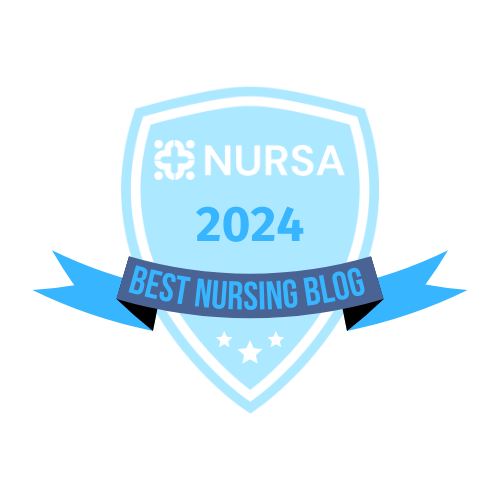

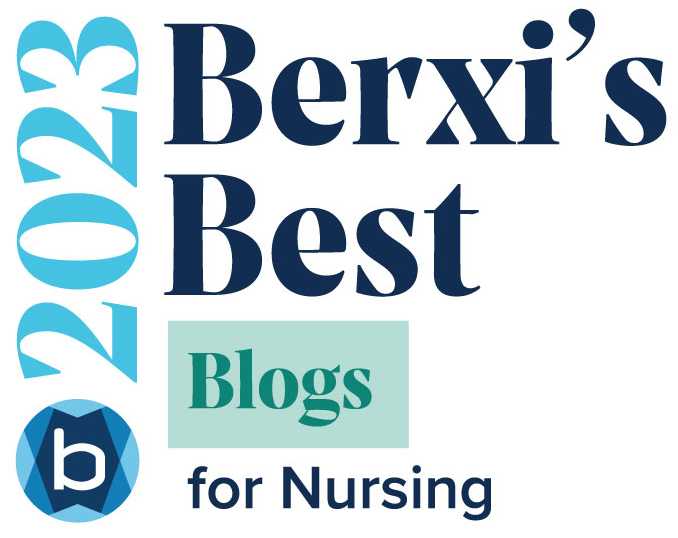
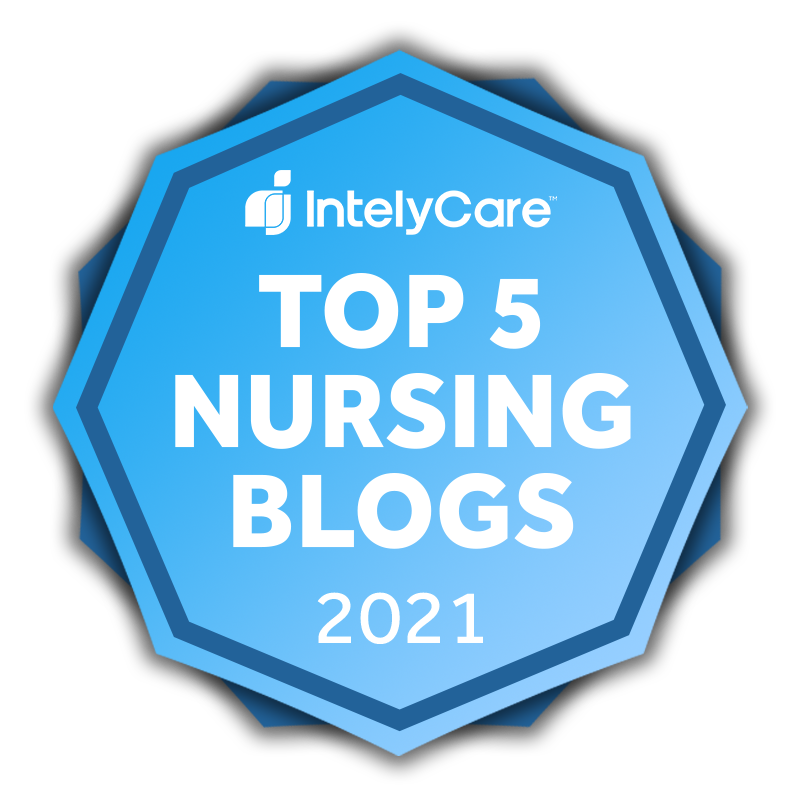
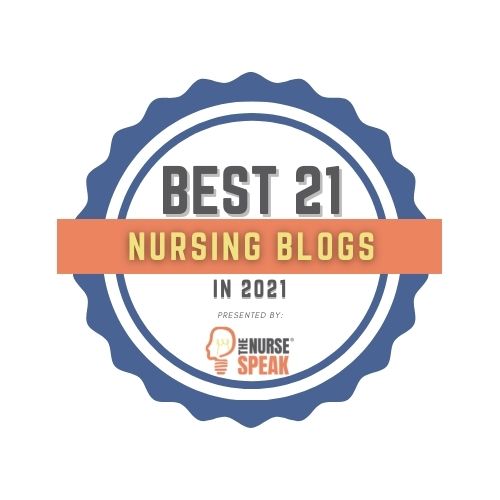

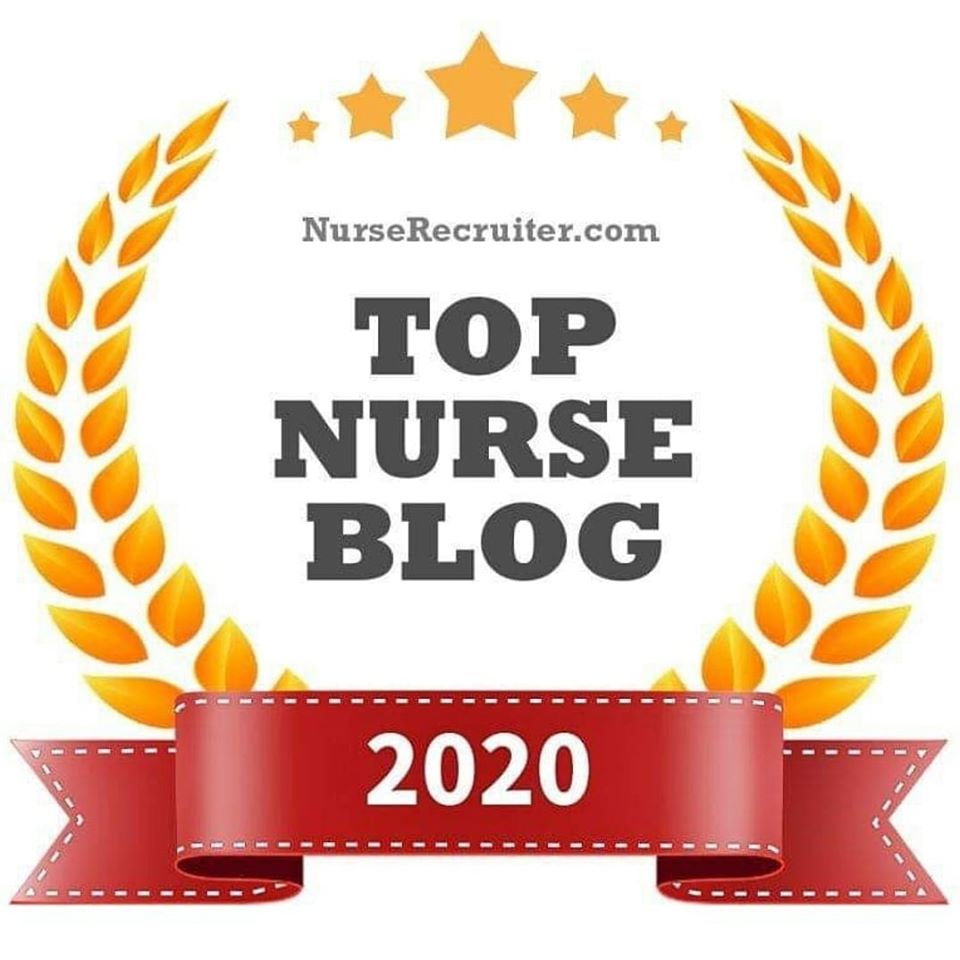


As a 10 year ED RN Veteran, I pride myself on my personal patient satisfaction that I score for the Hospitals that I work for through my agency. I literally lived in Press Ganey for 4 consecutive years. At other Hospitals, I received between 4-7 post discharge compliments from the patients that I took care of. This is the level of care that I provide to my patients & the family members. This is my reputation that I worked so hard to achieve and still maintain. I develop a positive & honest rapport w/ my patients within the 1st 2 minutes of meeting each person. Honesty is my policy NOT excuses. When I am honest with each patient, whether it be the 3 hour wait while I am triage or in a room assignment as they wait to be admitted to the hospital, The patient & family appreciates the truth. They never get mad at me b/c I was as blunt as possible about the current situation. By continuing to practice these methods, I continue to be valued and respected at each ED that I work for. As an agency nurse, I am always requested when each ED needs staff which means I have constant and consistent work 365 days a year. My contracts are always renewed over & over again. I pride myself on my patient relations and administration isn’t shy in letting me know that I am appreciated. Often, hospitals try to hire me from my agency but I am unable to satisfy that request per my agency’s policies. As nurses, we do wear many hats and are responsible for way more than ‘just nursing’ but it isn’t difficult to show respect to patients and treat each of them as ‘we would want to be treated when patients’. If you love your job, then it’s easy to do. If you have multiple complaints against you, then that nurse should re-evaluate why they are in nursing in the 1st place and either adjust to providing exceptional care or find a different career path that has nothing to do with customer relations. I love being an ER Nurse and I’m great with people. To me, my job is easy no matter how many hats I wear in a night & it shows.
Thank You,
Kendra Mediamolle
New Orleans, LA
Kendra,
Thank you for sharing your thoughts! Your insights contribute greatly to this discussion.